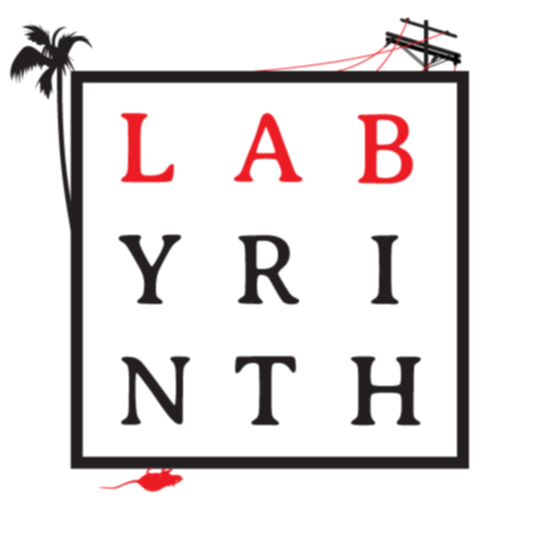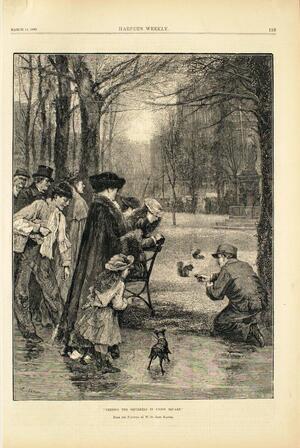This snippet of an interview with an unhoused man in Los Angeles captures the essence of something central about one of the most controversial things one can do in LA: feeding.
He tells a story of feeding squirrels. It’s hard to find food he suggests, almost as if he’s identifying with the squirrels who are always so grateful to be given a bagel from the dumpster.
But he switches mid-thought: “They hassled me for that too.” “They” are the cops, park rangers, sheriffs, and others who hassle the unhoused in LA every day of their lives. “What’s your name?” they ask him, an aggression without cause. “Why do you want to know?”
“Feeding animals is illegal”— and it is true. For many, the problem of wild animals in the city is that humans feed them. If we didn’t do that, we would see fewer of them. The same logic is often used in debates about the unhoused or the poor: caring for them just perpetuates things, say some, makes them dependent. Instead we should help them get jobs to support themselves.
On the one hand, it’s a dehumanizing move, turning a basic gesture of care into a political debate in which the unhoused are figured as animals.
On the other hand, its funny. As if the problem with feeding animals is that it makes them lazy, dependent leeches on society who don’t earn their own keep.
You have to admit, this is a strange logic, in both cases. Maybe it isn’t logical.
Maybe something deeper is troubling us about our relations.

